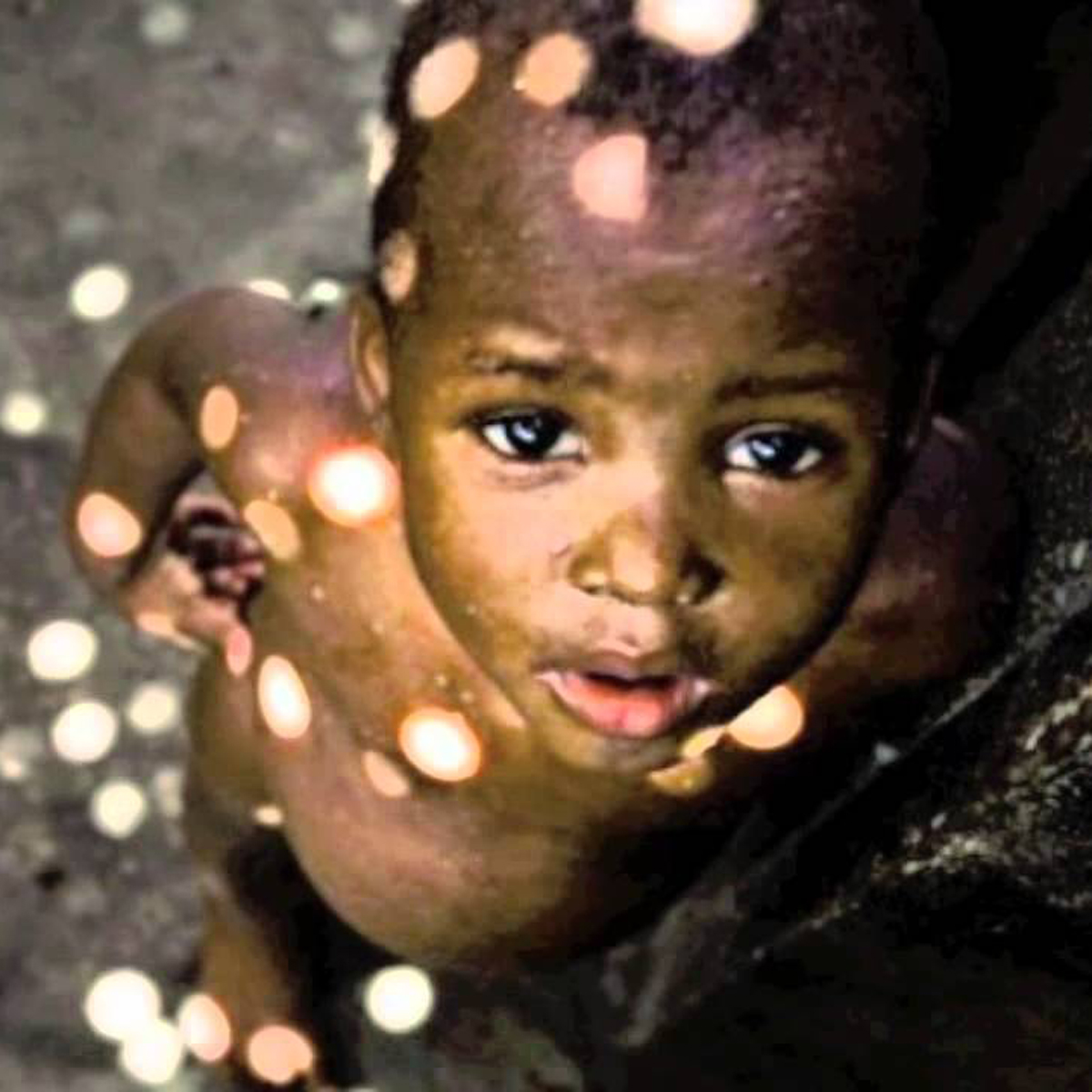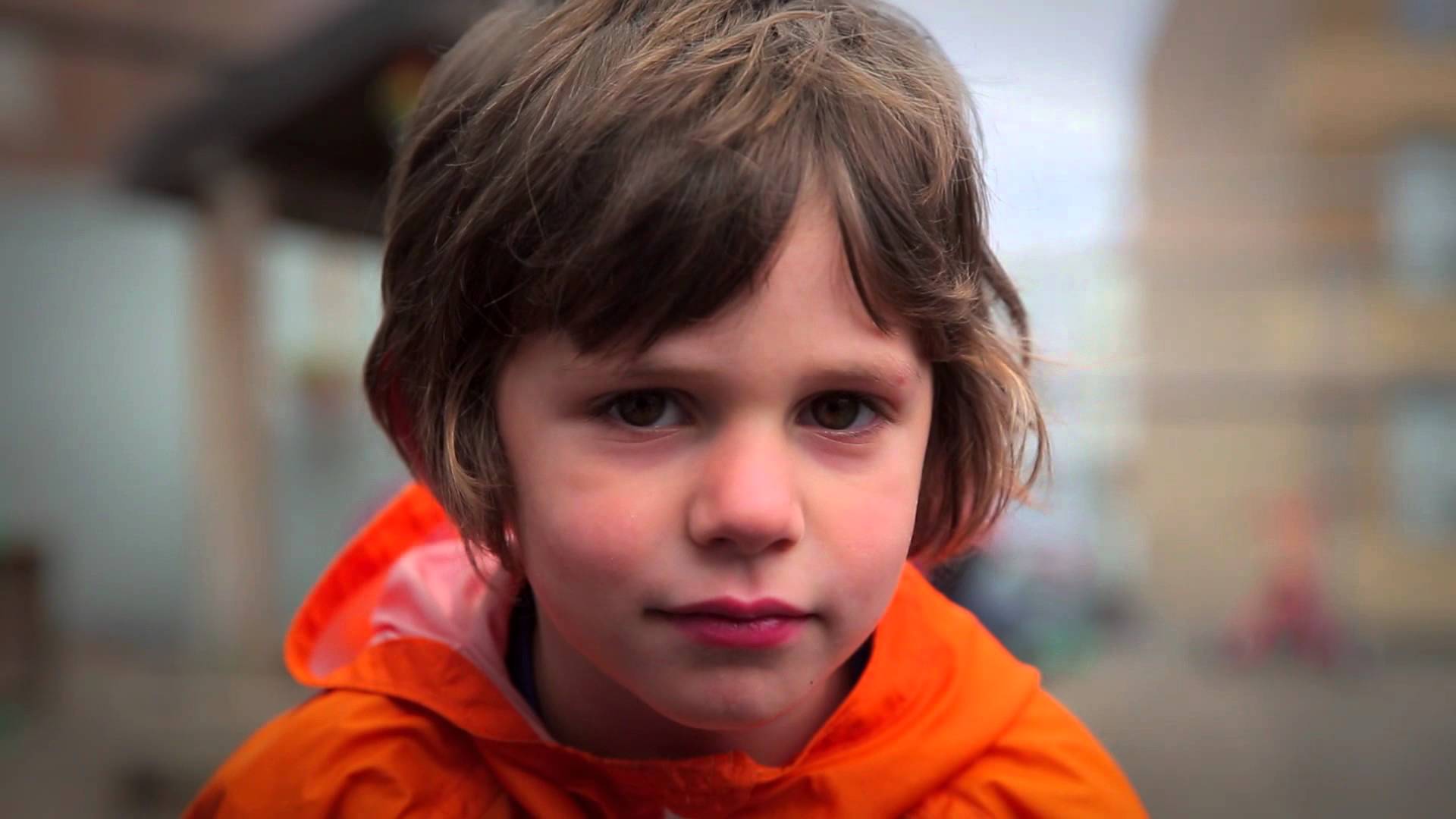our global goals
The emergencies of planet earth
Food - Water - Environment - War -
Education - Economy
We strive to be the key in encouraging the ethical development and training of a new generation that actively promotes thinking and action that will lead to radical change. A reversal which could free the so-called third and fourth world countries through entrepreneurial emancipation. A reversal that could encourage peaceful cohabitation between people of different cultures, religions and ethnicities. A reversal that could stop wars, the millions of refugees, child exploitation, discrimination of any kind among the billions of people that live on this planet. A reversal that could re-establish the value of the emergencies in the world, starting from our respect for our environment. In this important mission, it is crucial that the school has a precise identity liked to inviolable ethical values, that it spreads these values and emergencies to the outside world. It is crucial that it brings the children closer to a sense of belonging to the human race, that children grow up with an unmovable universal identity: to be citizens of the world and fight for their values and rights, from their self-respect to the respect for everyone. Our educational programme is based on the Universal Declaration of Human Rights adopted by the General Assembly of the United Nations on the 10th of December 1948. All activities and experiences in our school are linked to these Human Rights, rights that are scrupulously respected every day in the hope that the eyes of the children we try so hard to protect can reflect this love towards the human race. These rights are experienced through the ethical examples of our staff, because children learn from experience. We have a code of ethics and we are committed every day to respecting our values.
“I admire people who work in serious humanitarian emergency situations in the world.
At Little Star, we are committed to preventing these situations, in the hopes that this kind of work will not be necessary in the future.
Education and economy are closely linked. This is why Little Star is committed, through free and independent entrepreneurship, to educating the new generations that will stand up and change the world!”
Livia Matarazzo di Licosa
Food
- There is more than enough food produced in the world to feed everyone, yet 815 million people go hungry.
- World hunger is on the rise: the estimated number of undernourished people increased from 777 million in 2015 to 815 million in 2016.
- The number of undernourished people on the planet has also increased to 815 million, up from 777 million in 2015.
- Stunting still affects 155 million of children under the age of five years.
- In 2016 wasting affected 7.7 percent of children under five years of age worldwide. About 17 million children suffered from severe wasting.
“Peace is of course the key to ending these crises, but we cannot wait for peace to take action. It is extremely important to ensure that these people have the conditions to continue producing their own food. Vulnerable rural people cannot be left behind, especially youth and women”. José Graziano da Silva, FAO Director-General
A world without hunger and malnutrition by 2030 will be challenging.
The State of Food Security and Nutrition in the World 2017 Report, FAO
Water
- 844 million people lack even a basic drinking-water service, including 159 million people who are dependent on surface water.
- Globally, at least 2 billion people use a drinking water source contaminated with faeces.
- Contaminated water can transmit diseases such diarrhoea, cholera, dysentery, typhoid, and polio. Contaminated drinking water is estimated to cause 502 000 diarrhoeal deaths each year.
- By 2025, half of the world’s population will be living in water-stressed areas.
- In low- and middle-income countries, 38% of health care facilities lack an improved water source, 19% do not have improved sanitation, and 35% lack water and soap for handwashing.
World Health Organization Drinking-water Fact sheet
Reviewed March 2018
Environment
- 27% of the world’s population – or 1.8 billion people – are under the age of 15. In many of the countries most exposed and most vulnerable to climate change, children (<18) form close to half the population.
- Children, especially poor children in developing countries, are disproportionately vulnerable to the impacts of climate change and will have to live with the consequences of today’s decisions on climate change.
- There is increasingly convincing evidence that many of the main killers of children (malaria, diarrhea and under nutrition) are expected to worsen as a result of climate change.
- Today there are 3.5 million early deaths due to malnutrition, and 2.2 million due to diarrhea and dehydration. Both conditions are
highly sensitive to changes in temperature and precipitation and all disproportionately affect children.
From the UNICEF report on the “Social Consequences of Climate Change”
War
- In 2020, the number of deaths and injuries on our planet due to war will exceed the number of deaths from malaria and measles. Without careful control of arms exports and measures to protect the population from their abuse, many people continue to suffer.
- The abuse of human rights is continuing and many are trapped in poverty. The only way to put an end to this cycle, between suffering and poverty, is to control the arms trade.
- In the world there are nearly 700 million weapons and eight million more are produced each year.
- There are companies that manufacture them, brokers who bring in business, governments and individuals who buy and sell them and, the last link in this chain, people who use them against other people.
Education
Foreword
Education and tolerance are the two fundamental cornerstones on which human economy must be based. This tolerance comes from us, from a strong sense of self-esteem and the idea that each and every one of us is valuable and that life is sacred.
Education, on the other hand, is experienced through different cultures which co-exist thanks to our universal values and through the idea that regardless of our differences, we are all linked by a sense of belonging to the human race. This is our primeval culture! We are all star dust and, like the stars, what we are in this life will continue to shine after death.
All too often we think of children as being delicate and fragile creatures and we are unable to see how, in fact, they are the solution to some of the most complex problems the world is facing. They are the solution! The advantages of education do not always correspond with political cycles because the benefits are seen over a long period of time. We must not forget the sense of urgency when talking about education. Education starts in early childhood when children learn to learn, when the content taught by the adult is not important, what matters are experiences founded on universal ethical values. Children learn from experience! The UN Declaration of Human Rights cannot and must not remain solely on paper, it must be translated into every-day experiences.
The respect for ourselves and our infinite value, self-esteem, the ability to dream unconditionally and the knowledge that we can react and bring about social change: this is the only way to invest in a future planet earth which is focused on social justice, respect and love!
It is obvious therefore that children represent the most powerful of levers for a better world.
Education in Developing Countries
Both theories on development as well as concrete experience have shown that educating children can literally transform societies. Prolonging a girl’s education by just one year is enough to reduce her chances of later dying in child birth by 50%, while her future earnings increase by 20%. As an educated woman, she will spend more on education and health care for her children and will therefore break the vicious cycle of poverty. The benefits of educating women and girls spread like wildfire: as the number of girls receiving a secondary education increases, infant mortality, fertility and HIV/AIDS cases all proportionately decrease and infant nutrition improves. And the benefits also have an impact on economic growth. An increase on just 1% in the number of women receiving an education is enough to increase a country’s GDP by 0.3%. It may seem like a minor change but for a country such as India, it would mean an increase of 5 billion dollars per year. Let’s invest in educating young women and they will take care of the rest!
Entrepreneurs – the courage to produce added value and dignity of work: a healthy economy and not finance as an end to itself.
At the World Economy Forum, Queen Rania of Jordan said: “when we create one entrepreneur, they create three or four new jobs, sparking a chain reaction. We can all do more to encourage young people to take risks.” Is this how we can fight poverty?” “Poverty derives from many factors and all sustainable solutions are always highly complex. Solving unemployment among youths is only one of the many ways we can fight poverty – but it remains an extremely important struggle.
If we encourage children to take risks and follow their dreams, they could give life to a new generation of entrepreneurs and new growth.
But they cannot do it alone. We must all fight together in order to improve educational environments and business culture. Civil and business society must improve the quality of schools and teach our children the necessary abilities which they will need to succeed in the global market. We must help change graduates’ mentalities: they need to take risks in the private sector rather than trying to find secure employment in the public sector. It is in this way that we can fight not only against poverty but also for human dignity.”
Education = Opportunity.
The opportunity to work. The opportunity to escape poverty. The opportunity to live healthily. The opportunity to live confidently. The opportunity to hope.
I believe you deserve an education. Whoever you are. It’s your right.
You deserve the chance to make the most of this brief glimpse we call existence. To be all you can be. To help those dear to you. To re-imagine the parameters of possibility.
Because education is transformative.
It can rescue a girl from the burdens of adulthood: early marriage and premature pregnancy. It can empower a woman to take control of her life: mind, body, and soul. It can defeat disease and temper intolerance: a shield for both our health and our humanity.
Education is a Titan.
Whole communities and countries lifted from the quicksands of destitution to the plains of progress.
And the power of education lies not in the pages of textbooks, or the recital of facts and figures. It resides in the mind of a child who is taught how to think. How to learn. How to navigate the world, avoid whirlpools, climb mountains.
Education isn’t a line I’m spinning. It’s a lifeline that’s saving. Saving families. Saving futures.
Queen Rania Al Abdullah of the Hashemite Kingdom of Jordan
Economy
While it is true that the economy is linked to education, we must emphasize the importance of bringing the younger generation to an education that is in turn linked to universal ethical values. An education that makes raising children as citizens of planet earth. As such, the new generation may think and act towards a healthy economy based on a free market meritocracy. An economy that respects the ethical priorities of humanity, based on the production of goods and services. Based on the value added by human beings in the supply market. In this context, finance and politics must prioritize the support of new ideas and young entrepreneurs as major contributors to economic development in a market as large and clear as our entire planet.
EDUCATION IN DEVELOPING COUNTRIES
Both theories on development as well as concrete experience have shown that educating children can literally transform societies. Prolonging a girl’s education by just one year is enough to reduce her chances of later dying in child birth by 50%, while her future earnings increase by 20%. As an educated woman, she will spend more on education and health care for her children and will therefore break the vicious cycle of poverty. The benefits of educating women and girls spread like wildfire: as the number of girls receiving a secondary education increases, infant mortality, fertility and HIV/AIDS cases all proportionately decrease and infant nutrition improves. And the benefits also have an impact on economic growth. An increase on just 1% in the number of women receiving an education is enough to increase a country’s GDP by 0.3%. It may seem like a minor change but for a country such as India, it would mean an increase of 5 billion dollars per year. Let’s invest in educating young women and they will take care of the rest!
Entrepreneurs – the courage to produce added value and dignity of work: a healthy
economy and not finance as an end to itself
At the World Economy Forum, Queen Rania of Jordan said: “when we create one entrepreneur, they create three or four new jobs, sparking a chain reaction. We can all do more to encourage young people to take risks.” Is this how we can fight poverty?” “Poverty derives from many factors and all sustainable solutions are always highly complex. Solving unemployment among youths is only one of the many ways we can fight poverty – but it remains an extremely important struggle.
If we encourage children to take risks and follow their dreams, they could give life to a new generation of entrepreneurs and new growth.
But they cannot do it alone. We must all fight together in order to improve educational environments and business culture. Civil and business society must improve the quality of schools and teach our children the necessary abilities which they will need to succeed in the global market. We must help change graduates’ mentalities: they need to take risks in the private sector rather than trying to find secure employment in the public sector. It is in this way that we can fight not only against poverty but also for human dignity.”
Sorry, the comment form is closed at this time.










